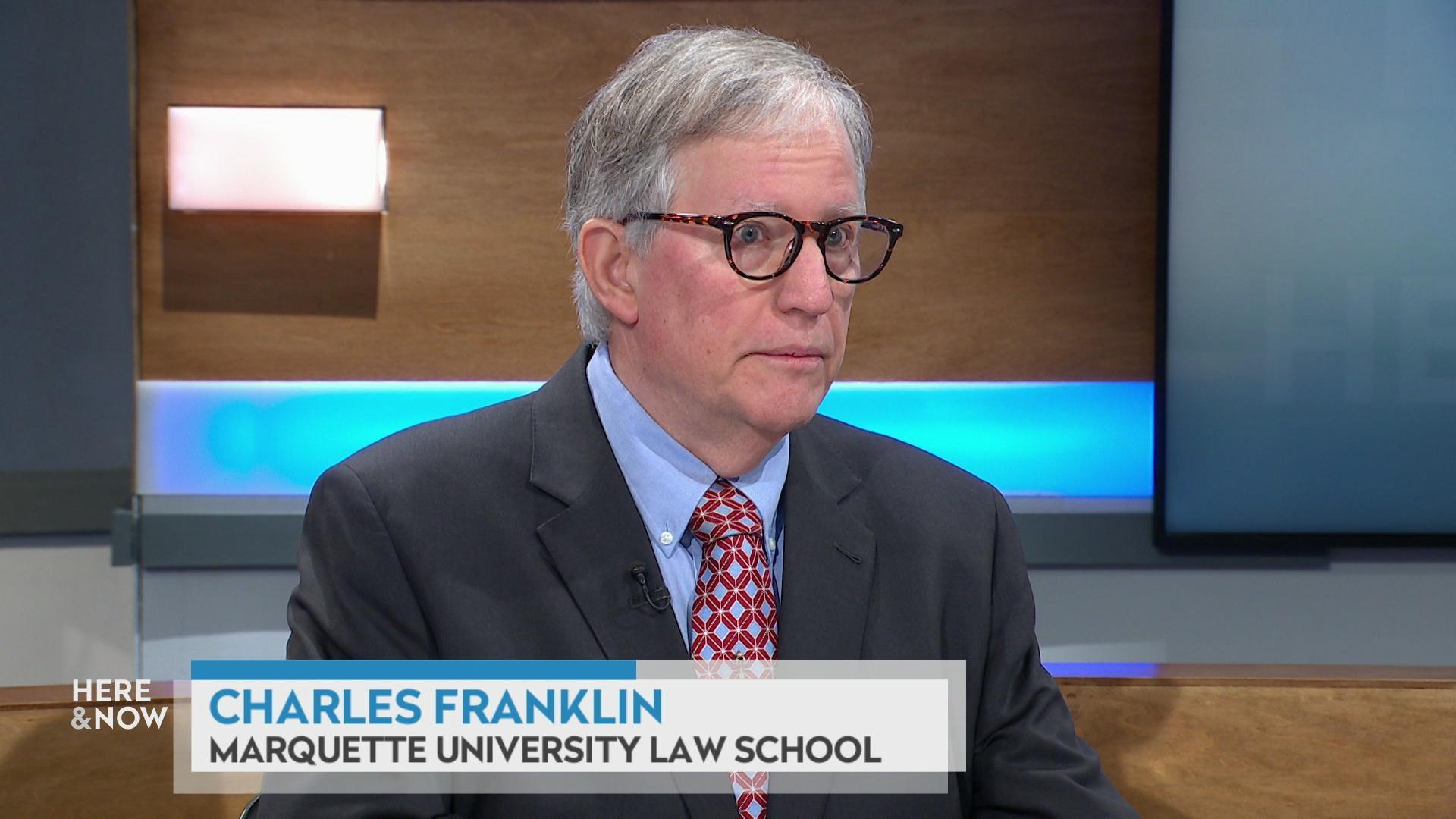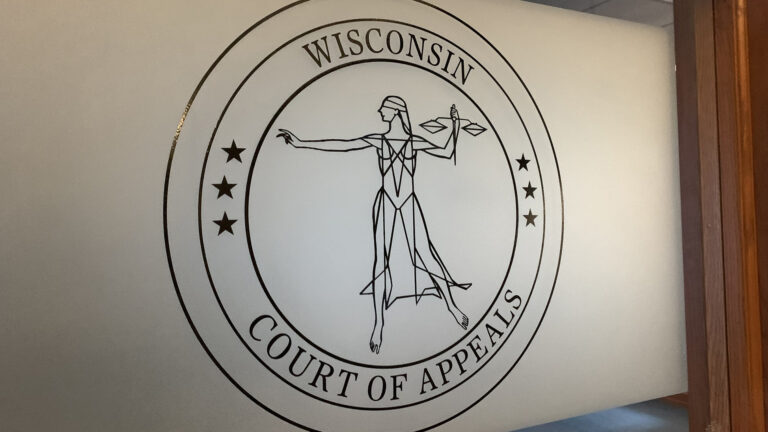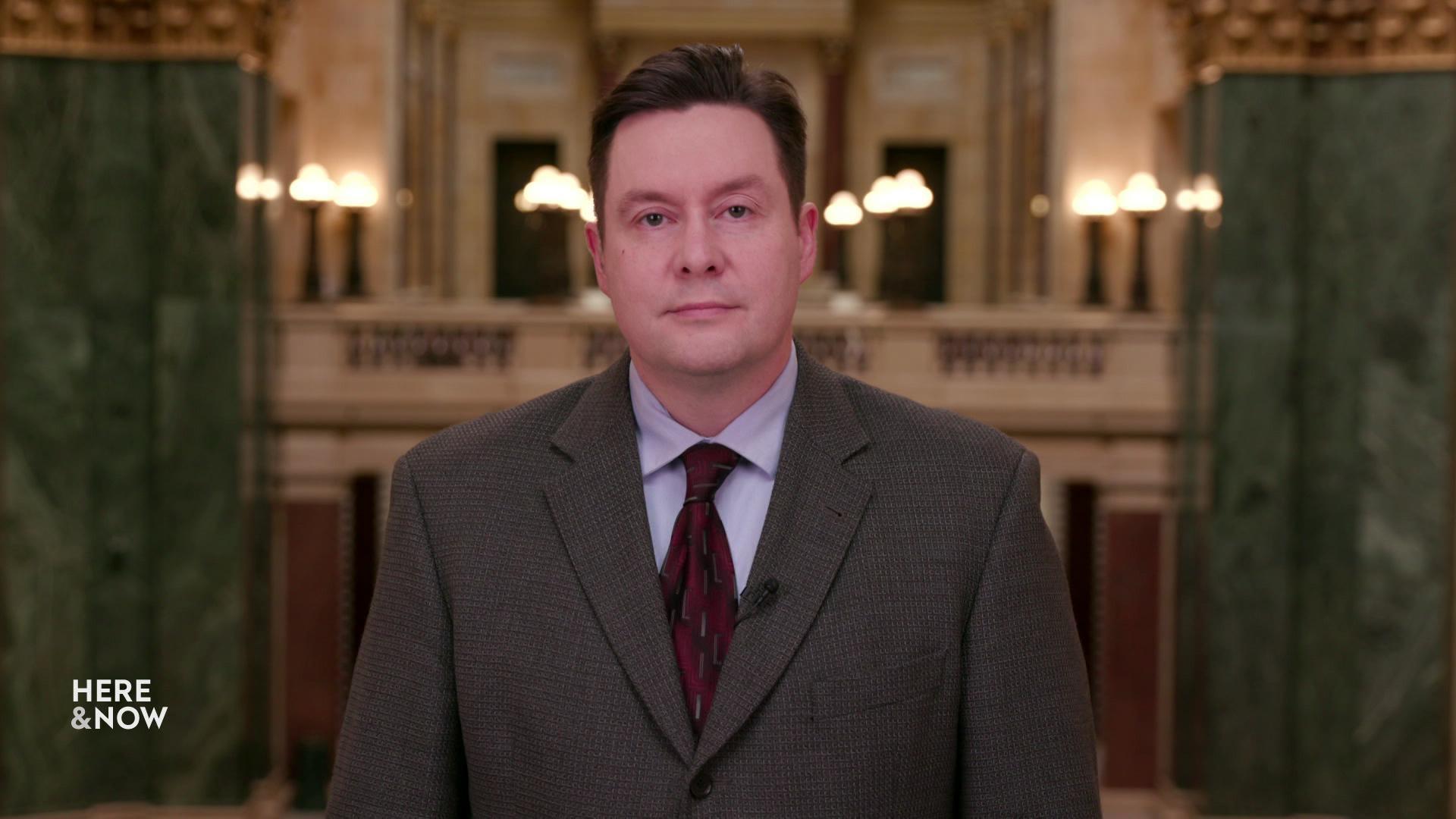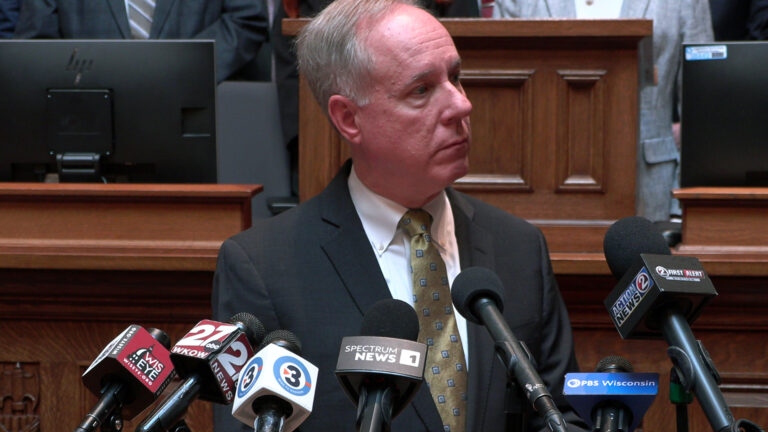The state of 2024 races in Wisconsin in the final days before the election
Vice President Kamala Harris and former President Donald Trump held dueling rallies just miles apart in Wisconsin on the Friday before Election Day — John Yang discussed races for the White House, U.S. Senate and U.S. House of Representatives with Zac Schultz of PBS Wisconsin.
By Zac Schultz | PBS News Hour
November 3, 2024

VIDEO TRANSCRIPT
John Yang:
In Wisconsin last night, Kamala Harris and Donald Trump held dueling rallies just five miles apart. The state's one of this fall's critical battlegrounds. Trump won it eight years ago after it had gone for Democratic candidates for 28 years. In 2020, President Biden narrowly won it back.
This year, it could help determine which party controls the White House, the House and the Senate. Zac Schultz of PBS Wisconsin covers politics in the state.
Zac, in the last four of the last six elections, the margin of victory has been less than 1 percentage point. Are there signs it could be that close again?
Zac Schultz:
Absolutely. All the signs point to that close of an election this time around. Once again, frankly, unless Barack Obama is on the ticket, Wisconsin is going to be a very close election. Barack Obama's been in the state campaigning for Kamala Harris, but all the polls show just within the margin of error consistently for quite a while now.
And when you go out in the field and you talk to people, they are evenly split. And in communities across the state, people are really getting down to that nitty gritty of like, "Which candidate do I support? Am I still a Republican? Do I support the Democrats? Where do I fall in this?" And they are getting inundated with ads and mailers and flyers and calls all the way up until Tuesday.
John Yang:
Given all that, what's each candidate's path to victory? Where do they have to do well in order to win?
Zac Schultz:
Well, the interesting thing about Wisconsin is when you're talking about a margin of 20,000 or 23,000 votes, which was in 2020 out of 3.3 million, every place matters. There's not a single place that you can leave unturned at this point, which is why, I mean, I think J.D. Vance is in La Crosse in western Wisconsin today. You saw Trump and Harris in the Milwaukee area yet again. This week, Trump was in Green Bay with former Packer hall of famer Brett Favre stumping for him. They have been everywhere across the state.
And so, you can — obviously most of the population is in southeast Wisconsin, so that really can swing it, depending on some of these turnout margins. But Trump has always done well in northern and western Wisconsin and the more whiter rural areas. So they are looking everywhere.
John Yang:
Zac, I want to play some sound from you from four Wisconsin early voters. The first two people we hear from voted for Trump and the second two voted for Harris.
Raymond Tathrop, Trump voter:
I didn't vote for him to be the pastor of my church. I voted for him to be the president of this country. This country needs to be run like a business, and he's a businessman.
Gerald Bruns, Trump voter:
I love his policies on lowering taxes, taking care of our military — that's first of all. Taking care of the border.
Maria Rodriguez, Harris voter:
Women's health is pretty much a big reason why I'm voting for her.
Gary Torres, Harris voter:
She's got a good head on her shoulders. She's very intelligent and she knows the difference between right and wrong.
John Yang:
Zac, how does that compare to what you hear when you go out and talk to voters?
Zac Schultz:
Well, the number one thing that I've heard is the economy. It's inflation. It's the cost of things. Things being everything from eggs and bread and gas all the way up to the cost of a house or child care. And depending on whether you're Democrat or Republican, will depend on which one of those costs you emphasize. Republicans are obviously talking about regular inflationary prices. Well, as Democrats, when they talk about the economy, are talking about child care and how the government needs to step in and help subsidize some of that so things are more affordable, or people can afford to buy their first homes is one of Harris's key campaign promises.
So those are definitely there. Democrats are campaigning on abortion. That's still one of their number one issues.
And in Wisconsin, if you watch the ads, it's different from the tone you hear in some of the other things, because a lot of the Republicans are campaigning on transgender issues. They are really trying to hit Kamala Harris over her support for any type of transgender, non-binary people.
John Yang:
You know, we've also got a Senate race in Wisconsin. Tammy Baldwin is one of the most vulnerable Democrats running for reelection. She's running for a third term. She's running against a businessman named — a Republican businessman, Eric Hovde. Tell us about that race.
Zac Schultz:
Well, what's interesting about it is Tammy Baldwin has long roots. She's been a Wisconsin politician for a long time and she's done really well in outstate areas. In 2018, a non-presidential year, when she won reelection to the U.S. Senate, she outran every other candidate on the ballot and did really well in typical Republican areas.
This time around, you're seeing the polls show that things are closer. This is getting federalized, it's getting nationalized, and it's falling more in line with what you're seeing at the top of the ticket in the presidential race.
Her opponent, Eric Hovde, his name is on a lot of businesses in Madison, but he's getting hit by the Baldwin campaign because he owns a bank in California and actually moved out there for a number of years, so he's being hit as a carpetbagger.
So, he's had to try and show his Wisconsin identity in this election, and show that he is a Wisconsinite. And that's the common theme is whether, you know, who has that support in outstate Wisconsin. Can Tammy Baldwin run ahead of Harris or does she need Harris to win in order for her to win herself?
John Yang:
There's also a House race that's been tightening in western Minnesota. Freshman Republican Derrick Van Orden running against Democrat Rebecca Cooke. Tell us about that race.
Zac Schultz:
So the third congressional is western Wisconsin, and that's outside of the main media areas of Milwaukee, Madison and Green Bay. So it's kind of an isolated part of the state. There's a lot of people over there that just like to live their lives and kind of be away from the hubbub of everything else, which is why it's been insulated in a lot of ways.
And Derrick Van Orden ran and lost in 2020. Then the incumbent retired. So he won in '22 in a very close race, closer than what people thought. Since then, he's had a few run ins in terms of being, yelling at interns at the Capitol and having a run in with protesters at the RNC in Milwaukee this summer. And Democrats think that he's vulnerable.
But there's also that sense of maybe that plays better in a western Wisconsin, more rural, white, working class environment. Rebecca Cooke is really largely unknown except to Democrats. So the question is this is about Derrick Van Orden in that race, but it could be the difference maker when you come to the national control of the House.
John Yang:
Zac Schultz of PBS Wisconsin, thank you very much.
Zac Schultz:
Thank you.
 Passport
Passport











Follow Us